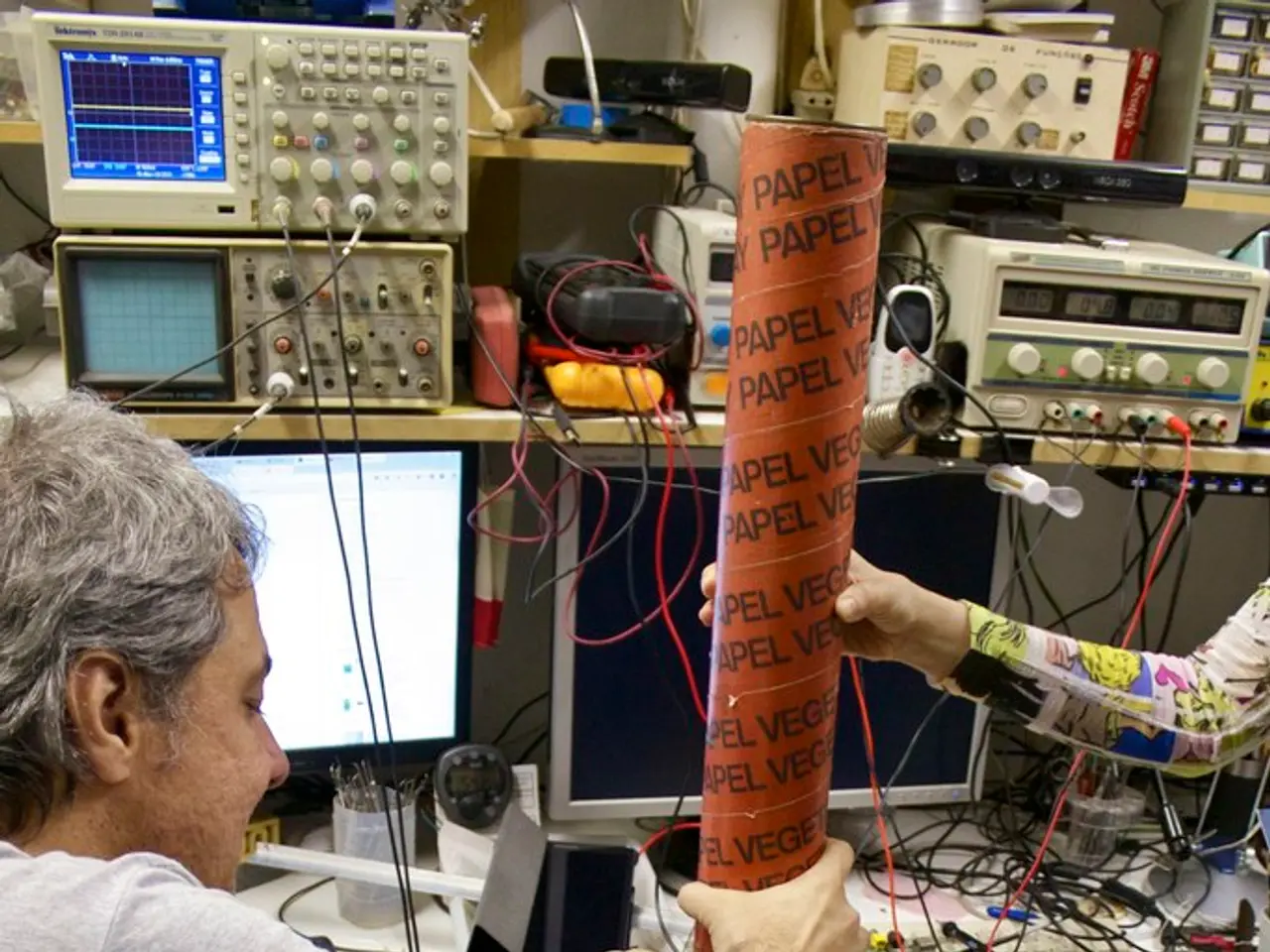Natural Electromagnetic Phenomena
**Magnetic Phenomena: Unveiling the Hidden Force Behind Modern Technology**
Magnetic phenomena, the intriguing properties of magnets and magnetic fields, have a profound impact on our daily lives and advanced technology. These invisible forces, which can be detected around magnets or electric currents, play a crucial role in various applications, from navigation to medical imaging.
In our daily lives, magnets are ubiquitous, serving practical purposes that we often take for granted. For instance, compasses, aiding travelers, sailors, and adventurers, align with the Earth's magnetic field to provide direction. Refrigerator magnets hold notes and reminders, while magnetic toys foster creativity and play. Metal detectors, both in security and treasure hunting, employ magnets to detect metal objects.
On the technological front, magnets are indispensable components in various devices. Electric motors and generators, essential for converting electrical energy into mechanical energy and vice versa, are found in appliances like fans, washing machines, and power plants. Transformers, used to step up or step down voltage for efficient power transmission over long distances, are another example.
Magnetic Resonance Imaging (MRI), a non-invasive diagnostic technique, utilizes strong magnetic fields and radio waves to produce detailed images of the human body. Maglev trains, leveraging magnetic repulsion, float above tracks, reducing friction and enabling high-speed travel. Magnetic storage devices, including hard disk drives and magnetic tapes, rely on magnetism for data storage. Induction chargers, which allow wireless charging of devices like phones and electric toothbrushes, also employ magnetic fields. Security systems, such as metal detectors and electromagnetic locks, enhance safety and security.
Magnetism's practical applications extend beyond these examples. Understanding magnetic phenomena can unlock new applications and explore the depths of the natural world. For instance, Magnetohydrodynamics (MHD) is a method used for power generation. Demagnetization, the diminishing or elimination of a material's magnetic field due to factors such as temperature and external influences, is a critical aspect to consider in the design and operation of magnetic devices.
The study of magnetic phenomena has far-reaching implications for various fields, including technological advancements and our daily lives. Resources such as the National Institute of Standards and Technology (NIST) and the American Physical Society (APS) are dedicated to studying magnetic phenomena, paving the way for future discoveries and innovations. As we continue to unravel the mysteries of magnetism, we can expect to see even more exciting applications of this hidden force in the future.
- Science is constantly exploring the intricacies of magnetic fields, playing a crucial role in enhancing medical-conditions diagnostics through Magnetic Resonance Imaging (MRI), and broadening our understanding of the natural world for education-and-self-development.
- In the realm of technology, the untapped potential of magnetic fields is evident in the efficient power transmission made possible by transformers, the high-speed travel enabled by maglev trains, and the wireless charging provided by induction chargers.
- Lifestyle is deeply intertwined with magnetic phenomena, as demonstrated by the practical uses of magnets, such as compasses for navigation, metal detectors for security, and refrigerator magnets for organization, thereby reminding us of the hidden force that underpins modern technology.




